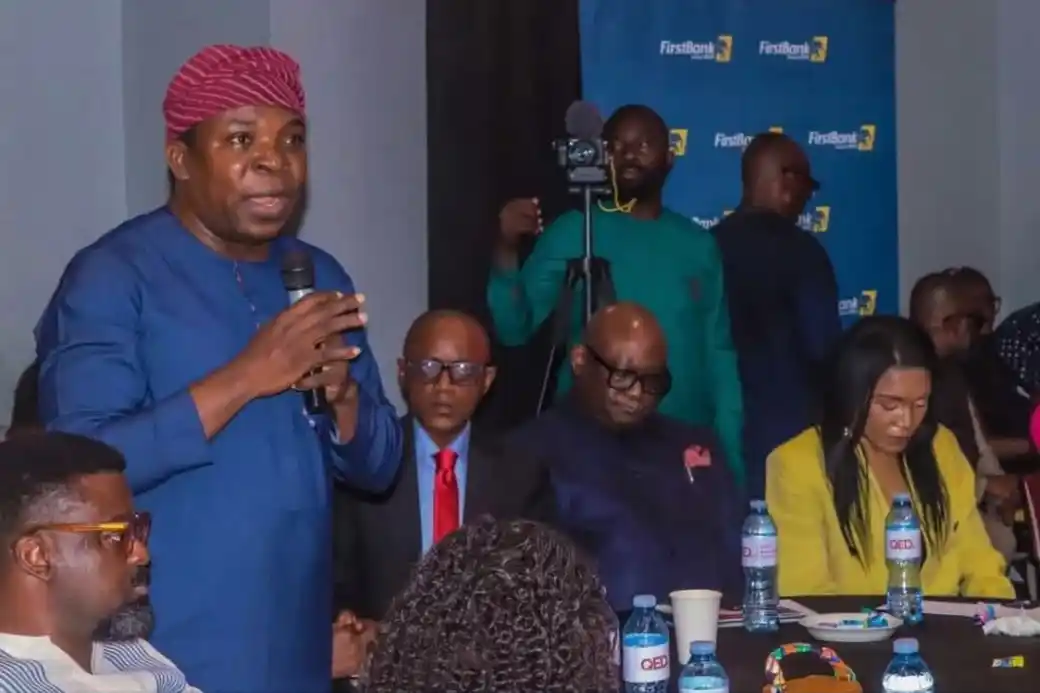August 14, 2025 – The Presidency has reaffirmed President Bola Tinubu’s dedication to advancing Nigeria’s creative industry through sustained policy support, increased investment, and a business-friendly environment.
Speaking at the inaugural Creative Powerhouse Summit (QED-NG) held at the Radisson Blu, Ikeja GRA, Lagos, Senior Special Assistant to the President on Media and Publicity, Temitope Ajayi, described the sector’s progress over the past decade as remarkable in promoting Nigeria’s cultural heritage and positioning the country as a global creative hub.
The summit, themed “Financing as a Catalyst for a Thriving Creative Economy,” brought together stakeholders from film, music, fashion, arts, and technology to discuss sustainable funding models and strengthen links between industry players and investors.
“President Tinubu has demonstrated his commitment to the creative sector by dedicating a full ministry to its development,” Ajayi stated. “The government will continue to support the industry with policies to ensure it grows in leaps and bounds.”
Ajayi encouraged creative professionals to embrace partnerships and seek investors capable of scaling innovative ideas into commercially viable ventures.
“The graveyard is full of ideas that died with their creators, never seeing the light of day,” he warned. “Without testing market viability and scalability, you cannot be sure your idea will change the world. It’s better to own 10% of something than 100% of nothing.”
Convener of the summit, Olumide Iyanda, explained that the event was designed to connect creative entrepreneurs with financiers and policymakers to unlock the sector’s full potential. “The creative industry is one of Nigeria’s strongest export assets,” Iyanda said.
“Our goal is to bridge the funding gap and create the right environment for local talent to compete globally.”
Ajayi commended the organisers for fostering dialogue between industry leaders and investors, adding that the combination of government policy, private capital, and collaborative innovation would boost job creation, enhance Nigeria’s soft power, and consolidate the country’s position as Africa’s cultural capital.
He stressed that access to creative industry financing remains crucial for sustainable growth, noting that sectors like film production, music distribution, fashion exports, and digital arts could contribute significantly to Nigeria’s GDP if adequately funded and strategically promoted.

